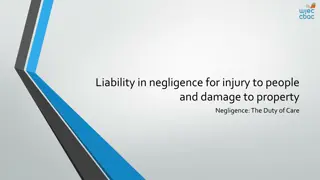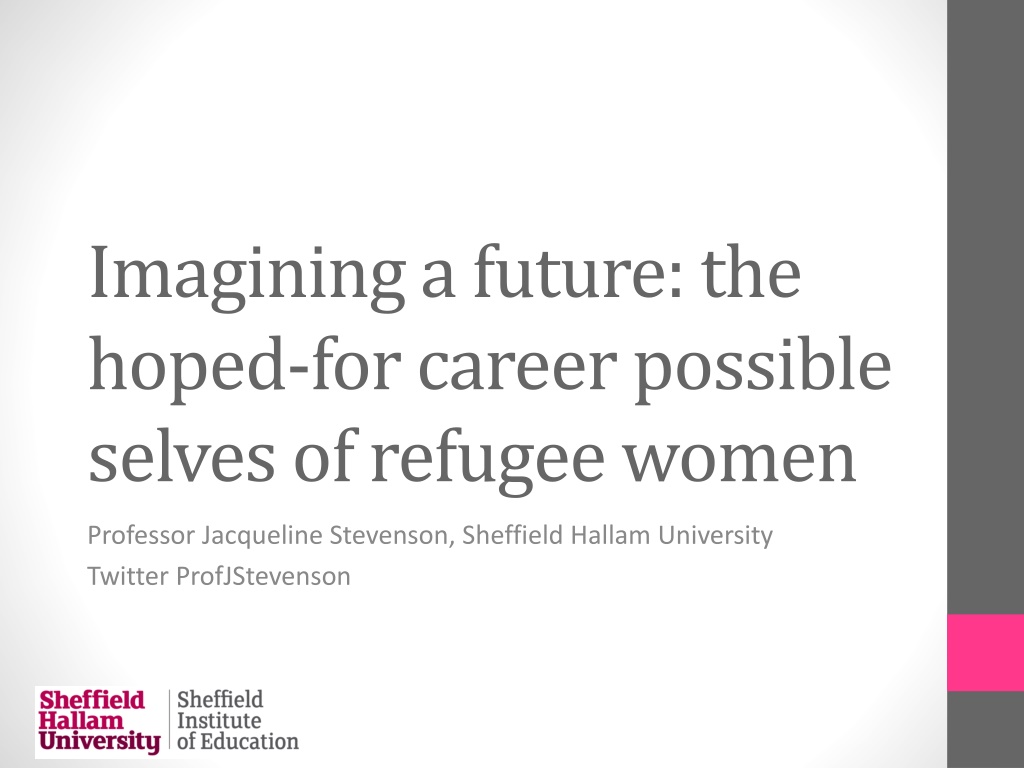
Empowering Refugee Women Through Imagined Future Careers
Explore the concept of possible selves in shaping the future aspirations of refugee women, as discussed by Professor Jacqueline Stevenson. Understanding how personalized beliefs influence career, education, and lifestyle choices can empower individuals to envision and work towards their desired futures. The intersection of socio-cultural factors, such as gender, race, and class, plays a crucial role in shaping these possible selves. Previous studies highlight the importance of extracurricular activities and enduring values in guiding individuals towards their envisioned futures.
Download Presentation

Please find below an Image/Link to download the presentation.
The content on the website is provided AS IS for your information and personal use only. It may not be sold, licensed, or shared on other websites without obtaining consent from the author. Download presentation by click this link. If you encounter any issues during the download, it is possible that the publisher has removed the file from their server.
E N D
Presentation Transcript
Imagining a future: the hoped-for career possible selves of refugee women Professor Jacqueline Stevenson, Sheffield Hallam University Twitter ProfJStevenson
Possible Selves 1 Through personalized beliefs about the future-self individuals able to project what they might become, what they would like to become, what they are afraid of becoming (Markus & Nurius 1986: 954). Multiply or singly/relate to one/multiple views of a future career, education, health, lifestyle etc. (Horstmanshof & Zimitat, 2003) Generalised states (sad, happy) and/or specific roles (parent, lawyer) May be highly developed or elaborated, or undeveloped; some aspects may have more salience (Garcia and Pintrich, 1995; Vick, 2011).
Possible Selves 2 Drawn from the pool of possible selves categories made salient by the individual s particular socio-cultural and historical context[s] and individual s immediate social experiences (Markus and Nurius, 1986: 954). Are dependent on social, cultural, economic and historical backgrounds (Oyserman et al., 1995; Vick, 2011) Informed by: gender (Chalk et al., 2005; Lips, 2002) class (Stevenson & Clegg, 2011; Oyserman, et al, 2004; Oyserman & Fryberg, 2006 ) race (Oyserman, et al, 1995; Kao, 2000; Yowell, 2002; Frazier, 2009; Vick, 201, Stevenson and Clegg, 2012, Stevenson, 2012)
Possible selves 3 Contingent on whether they are validated/affirmed, or threatened/ignored Family Advisors/Educators Wider societal discourses More elaborated the future self, more likely to engender action but requires focused direction of strategies (Oyserman et al. 2006) Actual or true possible selves may contradict other important social identities (Osyerman et al, 2006) e.g. fitting in ; hoped for future may not therefore be the true self.
Previous work 1: Stevenson & Clegg (2011) Students orientating themselves towards the future through extracurricular activity Highly linked to family, class and gender Time future: highly developed possible selves Time present: developed student selves, under-developed and blocked future possible selves The past and future in the present: enduring values-based possible selves
Previous work 2: Clegg & Stevenson (2012) An exploration of the link between possible selves and the attainment of BME students on social science courses 1. Students with an underdeveloped view of themselves as the future employed 2. Students whose views of the future are constantly changing 3. Students with an unrealistic view of their future possible self 4. Students who are planning for an unknown future 5. Students whose past relates to future possibilities 6. Students whose imagined futures are both focussed and highly realisable Informs strategies being put in place (academic and ECA)
Previous work 3: Stevenson (2012) Research on degree attainment gap Black students: hoped for selves (to achieve high academic results) competing with their ought to selves (not over- perform/not stand out academically). Asian and Chinese: disconnect between hoped for future selves (high achievers), true selves (lacking know-how/neglected and so likely to under-perform) and ought to selves (seen as high achievers). White students: much greater congruence between their hoped for, true and ought to selves Informs academic help seeking and help demanding activities
Refugees view of the future Developing a career-possible self = difficult when: Previous selves rendered impossible through processes of migration Extreme temporality of migration and status insecurity New possibilities are being reframed within unfamiliar settings Poverty, isolation, trauma Academic qualifications frequently unrecognised/difficult to elicit references/offer proof of employment (Willott and Stevenson, 2013) Under/unemployment
The project Project with refugee women hoping to access the labour market Biographical interviews/informal conversations with 8 women; Muslim, Egypt, Pakistan, Guinea, Sudan and Iran; previously worked in professional capacities - healthcare/education; currently under/unemployed Through participation in the course were seeking to reframe their career possible selves and establish the 'road-maps' (Oyserman et al. 2004) that might help attain them.
Hoped for and feared Possible Selves Hoped for Feared Status security Professional jobs HE qualifications Housing/family security Social integration Status insecurity Unemployment Poverty Family uncertainties I was a doctor and that is what I want to be again because it is important to me and my family and now there is only me responsible for them. But now I do nothing and it is bad for me, for my family, I have always worked, made them proud. And I do not want to have to be given money, I want to earn it. I am ashamed to take money from the government. So now I will find a way back to being a doctor
Ought to and true Possible Selves Ought to True Take any job Earn money Not take money from the state Professional role Higher earner Familial role model I have to make my children proud of me I am shamed to be like this so I will do anything I can to work, you can give me any job, pay me anything and I will do it because that is what a mother should do, provide for her children
Im/possible Selves Absent Time future: highly developed possible selves Time present: developed student selves Those whose imagined futures are both focussed and highly realisable
Possible selves Those planning for an unknown future I will learn as much as I can and then who knows where it will take me; I have learned not to plan Those whose past relates to future possibilities I can't stop remembering back to who I was and what I was and I can't think how that will be again Blocked future possible selves ...they just said 'no you cannot be a teacher here, you are not qualified'. But I taught for years in Iraq The past and future in the present So now I am relearning, learning it all again, what I learned back then I am learning again now; I just hope that it is worth it
Fractured possible selves I was a professional person with status and a good job, looked up to, respected; now I am nothing and have nothing and have to start again from nothing All my dreams are now gone and the future I thought I would have - gone and so now I will just work hard and make what money I can and then my children, they will have a future I had so many dreams and plans and now they are all gone; but I am here thank God and so i must be thankful It all just ended, everything I had, had done, wanted to be, my future all just ended; I don't know what will happen to me now
Implications Uncertainty about directions; unsure how to plan Goals abstract or largely unattainable Need to support development of new possible selves Need access to mentors and education advisors, who operate both as sources of possible selves and as a context for their elaboration (Fletcher, 2007). Need to develop road maps and help set concrete plans and attain goals Higher education and HE advisors can play a role Refugee mentoring scheme at SHU
References 1 Chalk, L. M., Meara, N. M., Day, J. D., & Davis, K. L. (2005). Occupational possible selves: Fears and aspirations of college women. Journal of Career Assessment, 13(2), 188 203.http://dx.doi.org/10.1177/1069 072704273127 Clegg, S. and Stevenson, J. (2010), An exploration of the link between possible selves and the attainment of BME students on social science courses, York: Higher Education Academy. Frazier, A. D. (2009). Academic Self-Concept and Possible Selves of high-ability African American males attending a specialized school for Gifted and Talented High School Students (Doctorial dissertation). Ball State University, Muncie, Indiana. Garcia, T., & Pintrich, P. R. (1995, April). The role of possible selves in adolescents perceived competence and self-regulation. Paper presented at the meeting of the American Educational Research Association, San Francisco, California. Horstmanshof, L., & Zimitat, C. (2003). The elaboration of the student self and persistence in higher education. Paper presented at the New Zealand Association for Research in Education (NZARE)/Australian Association for Research in Education Conference, Auckland, New Zealand, 29 November 3 December 2003. Kao, G. (2000). Group images and possible selves among adolescents: Linking stereotypes to expectations by race and ethnicity. Sociological Forum, 15(3), 407-430. Lips, H. M. (2002). Envisioning positions of leadership: The expectations of university students in Virginia and Puerto Rico. Journal of Social Issues, 57(4), 799- 13. http://dx.doi.org/10.1111/0022- 4537.00242 Markus, H. (2006). Foreword. In C. Dunkel & J. Kerpelman (Eds.), Possible selves: Theory, research and application. New York: Nova Science Publishers. Markus, H., & Ruvolo, A. (1989). Possible selves: Personalized representations of goals. In L. A. Pervin (Ed.), Goal concepts in personality and social psychology. Hillsdale, NJ: Erlbaum.
References 2 Markus, H., & Nurius, P. (1986). Possible selves. American Psychologist, 41(9), 954-969. http://dx.doi.org/10.1037/0003-066X.41.9.954 Oyserman, D., Brickman, D., & Rhodes, D. (2007). School Success, Possible Selves, and Parent School Involvement. Family Relations, 56, 479 489. http://dx.doi.org/10.1111/j.1741-3729.2007.00475.x Oyserman, D., Bybee, D., & Terry, K. (2006). Possible selves and academic outcomes: How and when possible selves impel action. Journal of Personality and Social Psychology, 91(1), 188-204. Oyserman, D., Bybee, D., Terry, K., & Hart-Johnson, T. (2004). Possible selves as roadmaps. Journal of Research in Personality, 38, 130-149. http://dx.doi.org/10.1016/S0092-6566(03)00057-6 Oyserman, D., Gant, L., & Ager, J. (1995). A socially contextualized model for African American identity: Possible selves and school persistence. Journal of Personality and Social Psychology, 69(6), 1216-1232. Oyserman, D., & Fryberg, S. (2006). The possible selves of diverse adolescents: Content and function across gender, race and national origin. In C. Dunkel & J. Kerpelman (Eds.), Possible selves: Theory, research and application. New York: Nova Science Publishers. Stevenson, J., & Clegg, S. (2011). Possible selves: Students orientating themselves towards the future through extracurricular activity. British Educational Research Journal, 37(2), 231- 246.http://dx.doi.org/10.1080/01411920903540672 Vick, R. M. (2011). How low-income, Ethnic Minority adolescents make Possible Selves real: The role of Academic Self-Regulation strategies (Bachelor s Thesis). Mount Holyoke College, South Hadley, Massachusetts.
I also draw attention to the limited support and guidance available to refugees (for example mentoring or adult careers guidance) which might help them develop concrete plans, or road maps (Oyserman et al. 2004) which can help them to attain their desired possible selves. In doing so I draw attention to some of the organisations (such as Scholars at Risk and Article 26) which are helping refugees attain their desired future possible selves.

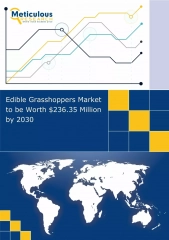

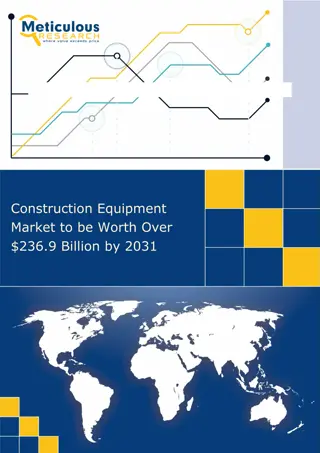
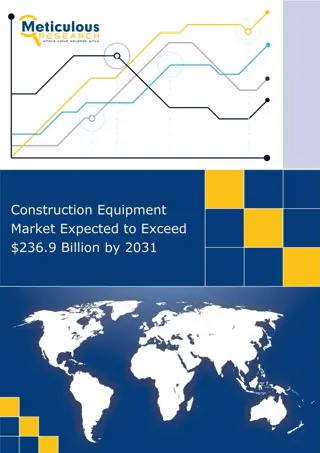
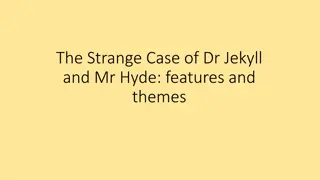
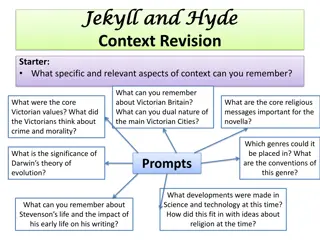
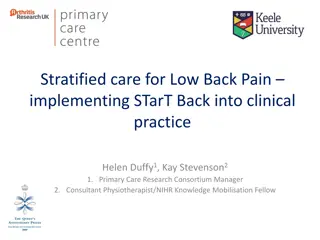

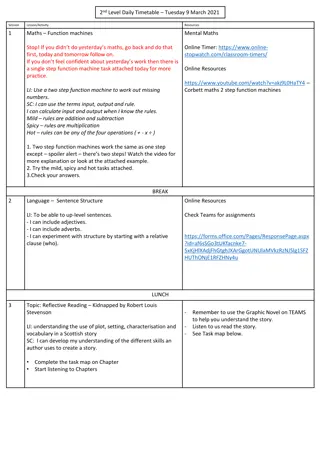
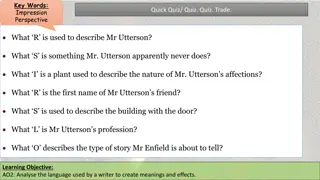
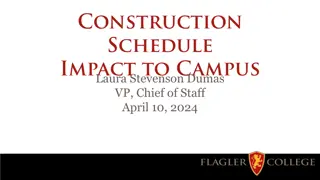

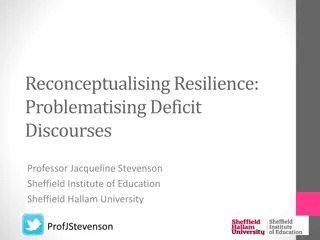
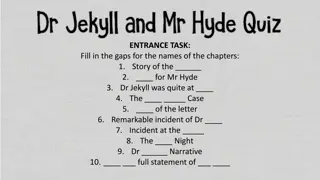
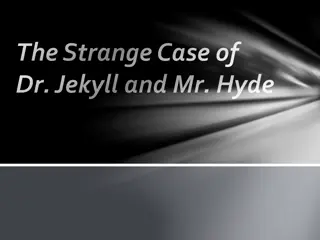
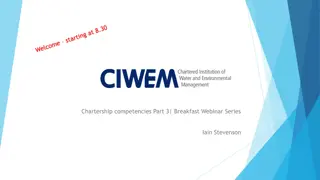
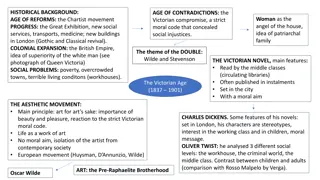
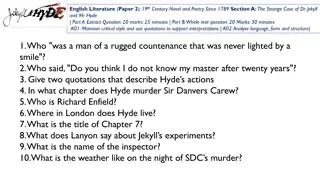
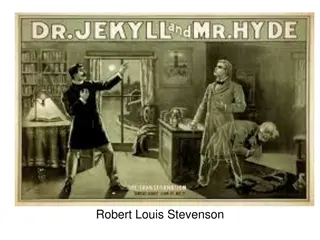
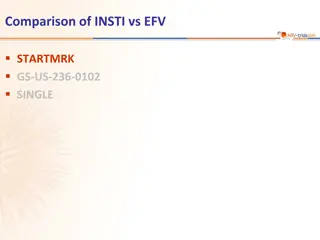
![Negligence Liability in Donoghue v. Stevenson [1932]](/thumb/198881/negligence-liability-in-donoghue-v-stevenson-1932.jpg)
